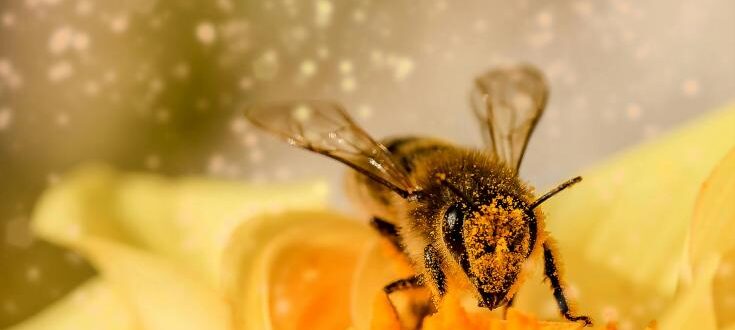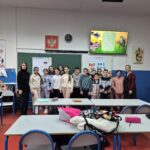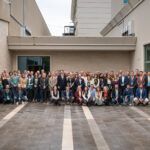First Stakeholder Meeting held within the POLLINATE Project – Improving territorial policies to address the decline of pollinators
On Friday, October 24, 2025, the first stakeholder meeting within the project POLLINATE – Improving territorial policies to address decline of pollinator was held at NEST COWORKING Center in Podgorica.
The POLLINATE project, implemented under the Interreg Europe programme, started in May 2025 and will run until July 2029. The project aims to help reverse the trend of rapidly declining pollinator populations across Europe by improving policies at regional and local levels.
The meeting brought together representatives of institutions, civil society organizations, the academic community, beekeepers, and other relevant stakeholders to discuss current challenges and opportunities for improving pollinator protection in Montenegro.
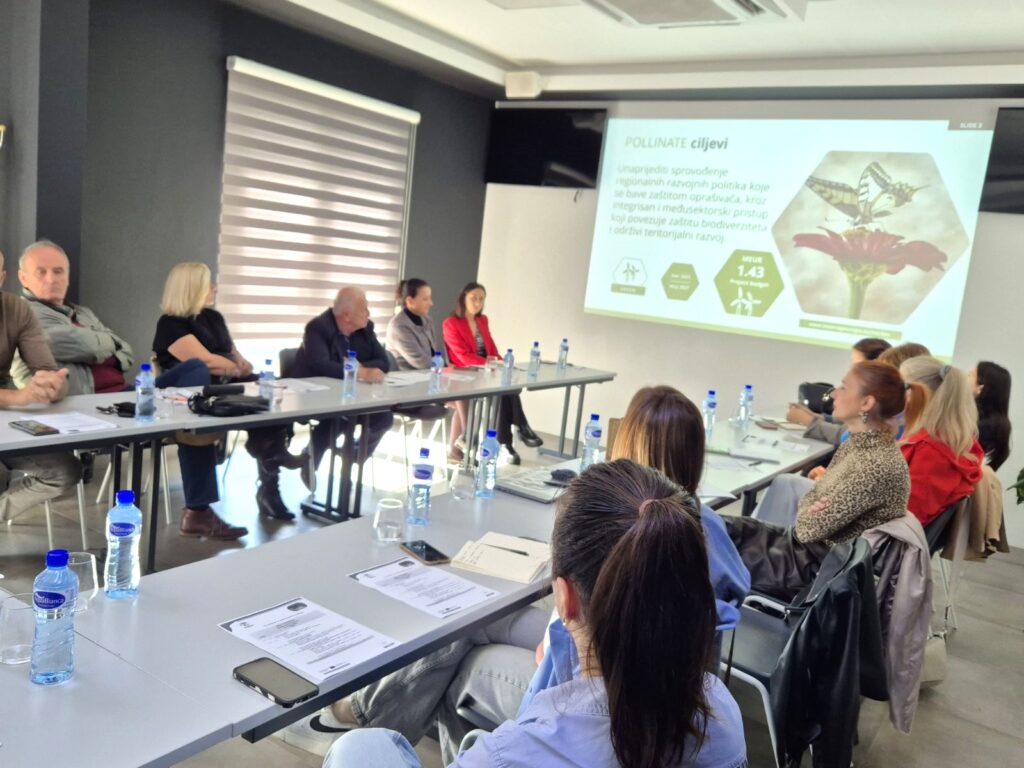
In the opening part of the meeting, participants were introduced to the goals and expectations of the POLLINATE project, its relevance for Montenegro, and its connection with national policies. Tamara Brajović from the Ministry of Ecology, Sustainable Development and Northern Region Development spoke about the possibilities of integrating pollinator-related issues into the Biodiversity Strategy of Montenegro, which is currently being developed.
Next, Suzana Malidžan from the Natural History Museum of Montenegro presented available data on wild pollinators, including results from the TETTRIs project. The discussion focused on the challenges related to data gaps, monitoring of pollinator populations, and winter losses in bee colonies. Participants shared their experiences and recommendations for improving data collection and exchange.
In the second part of the meeting, examples of European and regional good practices in pollinator protection were presented, as well as an example of integrating biodiversity and pollinator protection measures into agricultural practices in Montenegro, presented by Marija Tripunović, GEF 7 Project Coordinator in Montenegro. The discussion covered possibilities for applying similar models in Montenegro through instruments such as the IPARD programme, local land-use planning, reduced pesticide use, and educational campaigns.
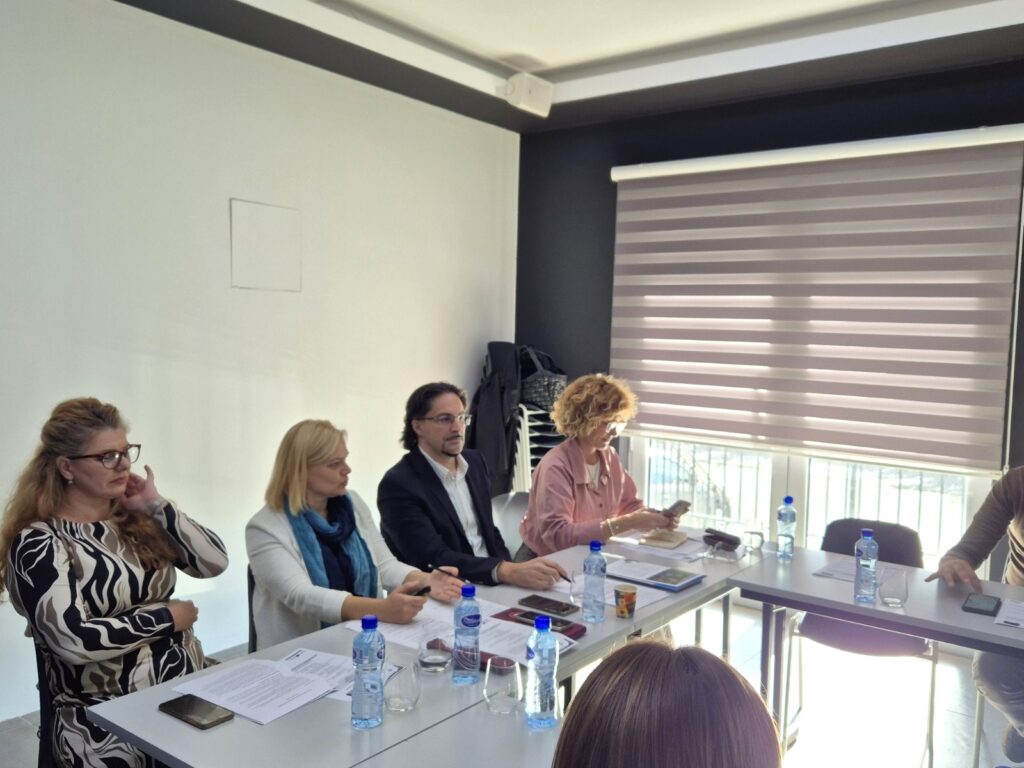
The meeting concluded with an agreement on next steps and continued collaboration aimed at developing policies and practices that will contribute to the conservation and enhancement of pollinator populations in Montenegro.
The POLLINATE project is implemented within the framework of the Interreg Europe Programme and co-financed by the European Union and the Ministry of Regional Development, Investments, and Cooperation with Non-Governmental Organizations.

